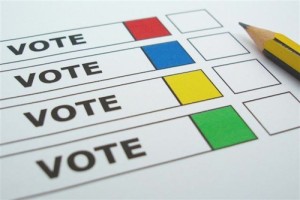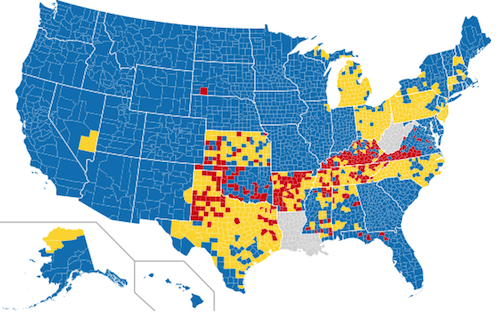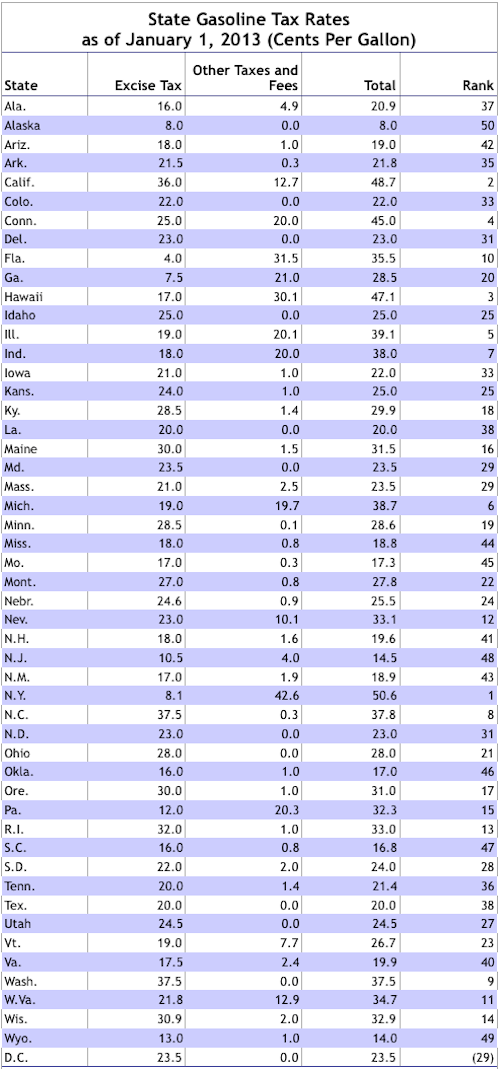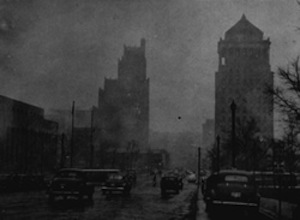Poll: Best Thing Expected to Happen in the St. Louis Region in 2014?

2014 will be a busy year in the region with a number of positive things:
- Stan Musial Veterans Memorial Bridge opens to traffic
- St. Louis celebrates 250th anniversary
- Phase One of Ballpark Village opens
- March Madness basketball tournaments
- Fields Foods opens
Some things that are controversial in some circles:
- Same-sex marriages begin in Illinois (mine’s June 8th!)
- Medical marijuana in Illinois
- Loop Trolley construction starts
The poll this week asks you to pick one thing you think is the best thing for the region. Because there may be other things happening I didn’t list you can add your own item in the poll (right sidebar).
— Steve Patterson


